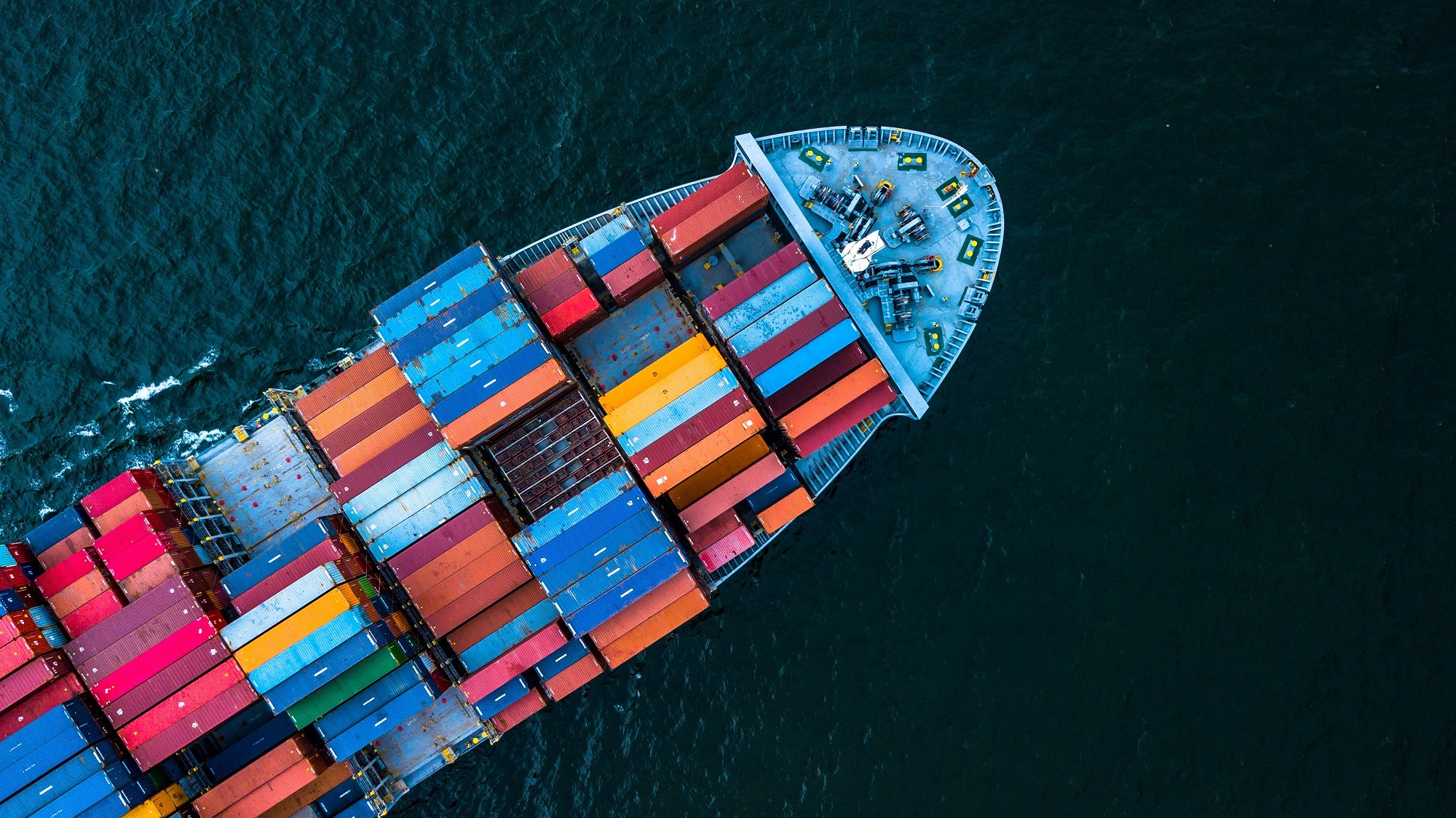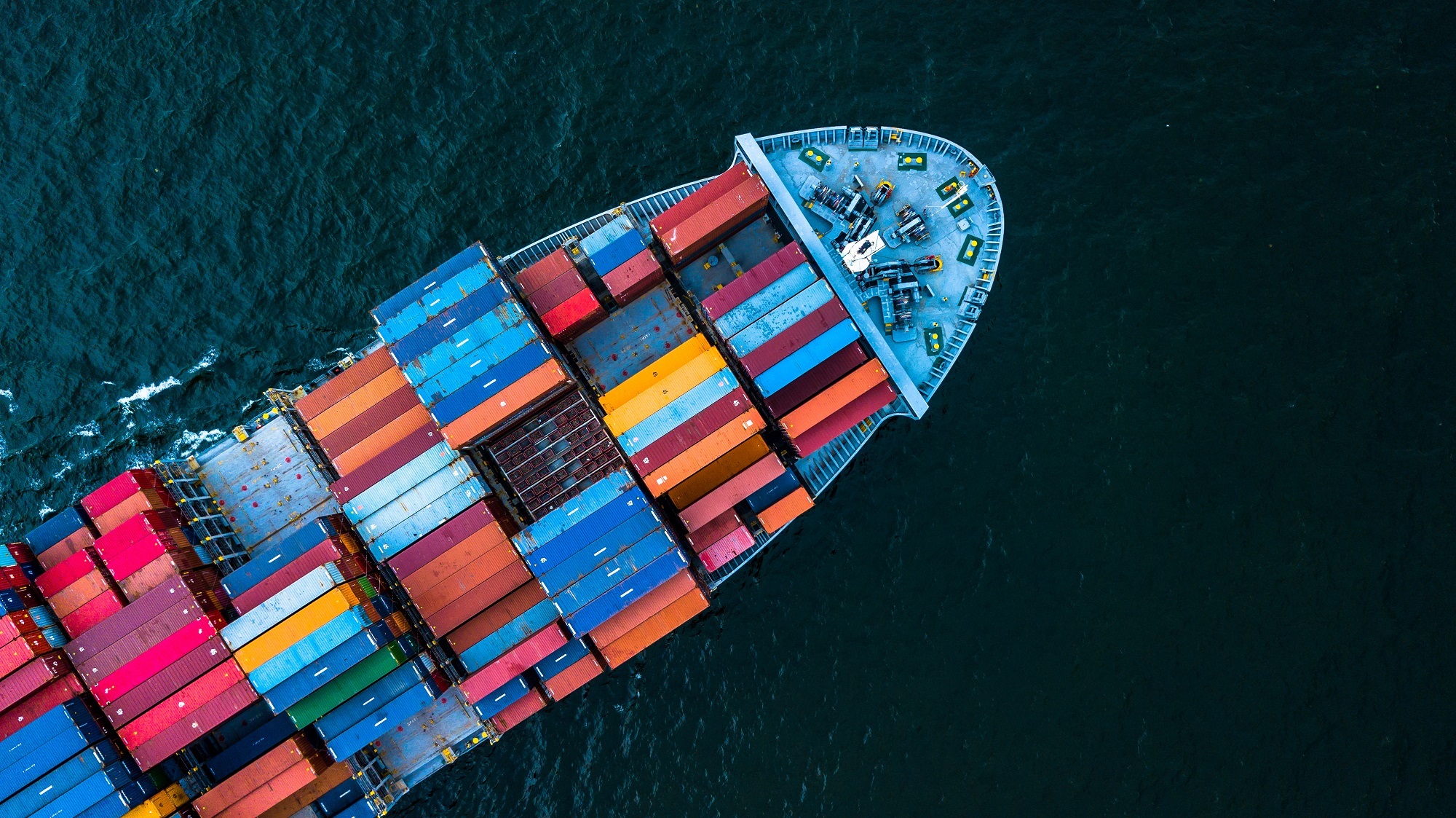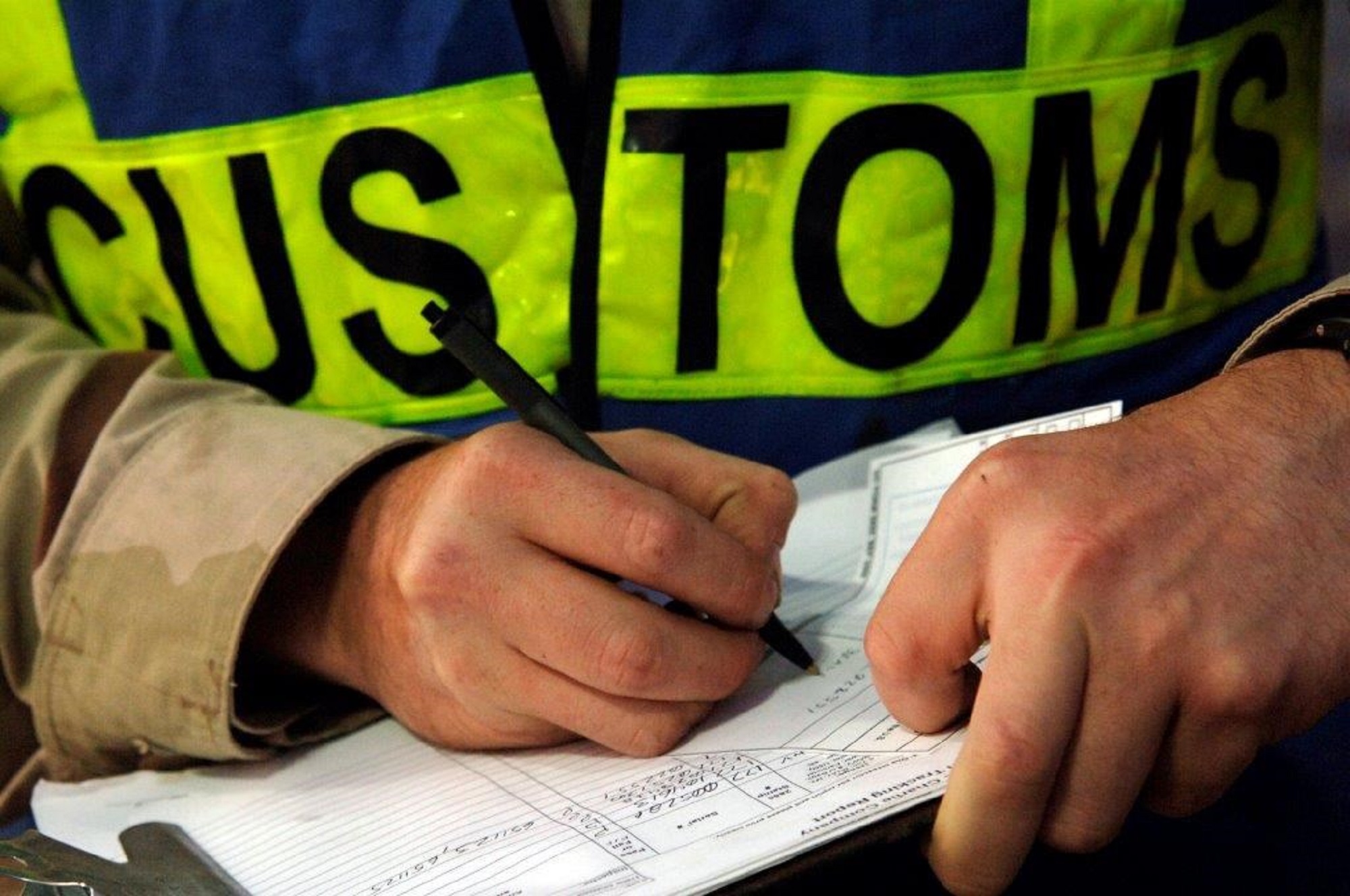Brexit is a reality, and the United Kingdom (UK) is officially a non-EU country for VAT and customs purposes. Goods that are sent from the European Union (EU) to Great Britain (GB) and vice versa are now subject to customs, export and import formalities. Luckily, a Brexit deal was reached at the last moment. One of the effects of the deal is that customs duties on goods originating from GB or the EU are reduced to 0%. The rules of origin are therefore very important if you are trading with GB or the EU!
Rules of origin: what are they, and why are they important?
The rules of origin determine where goods are made. It is important to note that this does not concern the question of where goods are sent from (country of departure), but rather where the goods were produced or manufactured, or where they originated. The origin of goods is relevant as it plays a role in determining the extent of customs duties and/or economic regulations (anti-dumping levy).
In determining the origin, a distinction is made between preferential and non-preferential rules of origin. The preferential rules of origin determine whether goods fall within the scope of free trade agreements, which would mean that no or lower customs duties apply.
Brexit
Now that a deal has been struck between the EU and the UK, it is important to note that goods fall within the scope of this agreement and as such have a preferential origin. If you send or receive goods that originate in GB or the EU, no customs duties are due. It is therefore also important to have a clear view of the qualification and production process of the goods that you buy or sell. This way, you can prevent unforeseen and sometimes quite considerable expenses.
For more information about the Brexit deal, preferential origin and the related customs duties, we refer to a publication on the website of MHA MacIntyre Hudson (Baker Tilly International member firm in the UK).
Would you like to know more about the impact of the Brexit deal on your customs and VAT position? We would be happy to help you! Where needed, we can work with our Baker Tilly International partners in the UK. Feel free to reach out to us.
In this article, we make a distinction between Great Britain and the United Kingdom, as the United Kingdom includes Northern Ireland. The Brexit deal includes a stipulation that Northern Ireland is to remain a part of the customs territory of the EU. For flows of goods from the EU to Northern Ireland and vice versa, the EU VAT rules apply. The EU VAT rules do not apply to services supplied to or by parties in Northern Ireland.
This content was published more than six months ago. Because legislation and regulation is constantly evolving, we recommend that you contact your Baker Tilly consultant to find out whether this information is still current and has consequences (or offers opportunities) for your situation. Your consultant will be happy to discuss the latest state of affairs with you.





